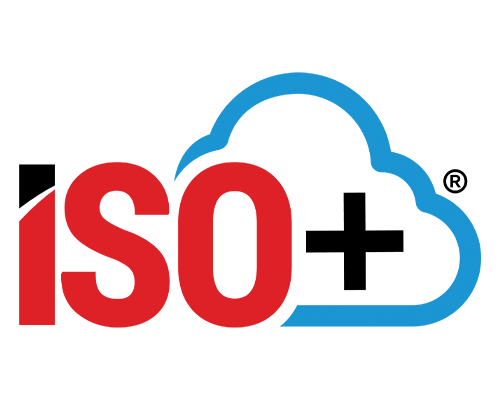In order to achieve “continuous improvement” within the quality management system, the ISO 13485 standard specifies that your organisation addresses seven main areas – also known as “clauses”:
- Quality management system
- Management responsibility
- Resource management
- Product realisation
- Measurement, analysis and improvement
Why is ISO 13485 certification important?
Australian Market Opportunity
With regards to ISO 13485:2016, the Australian Business Licence and Information Service (ABLIS) government website states:
“You may be required to comply with this standard if you intend to supply medical devices and provide related services. If a therapeutic device is required to be listed or registered on the Australian Register of Therapeutic Goods (ARTG), it must be manufactured according to the requirements of this standard.”
The Therapeutic Goods Administration (TGA) is the Australian Government body (as part of the Department of Health) responsible for making decisions regarding market authorisation of therapeutic goods in Australia, such as medical devices, and assess applications for conformity assessment certificates (specified in a Conformity Assessments Standards Order) for some devices and for the inclusion of medical devices in the ARTG. The TGA also recognises matching standards in jurisdictions where ISO 13485:2016 has been adopted, including Europe, Canada, and the US.
From 1 March 2019, TGA applications must be supported by evidence that a quality management system has been implemented in accordance with the 2016 revision of the standard.
International Trade Opportunities
For Australian businesses within the medical device industry (regardless of their size and type), implementation of the highly stringent requirements of the ISO 13485 certification into their quality management system will validate their consumer, services, and regulatory compliance with globally accepted requirements for medical devices.





